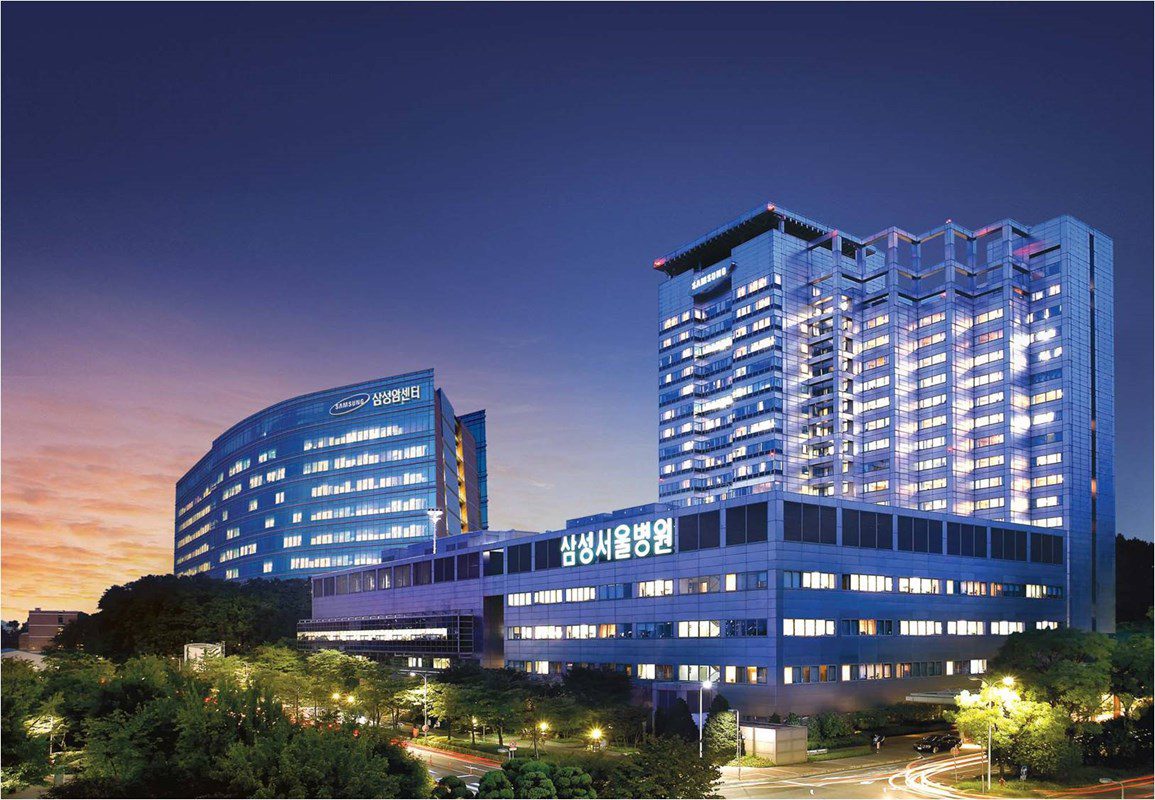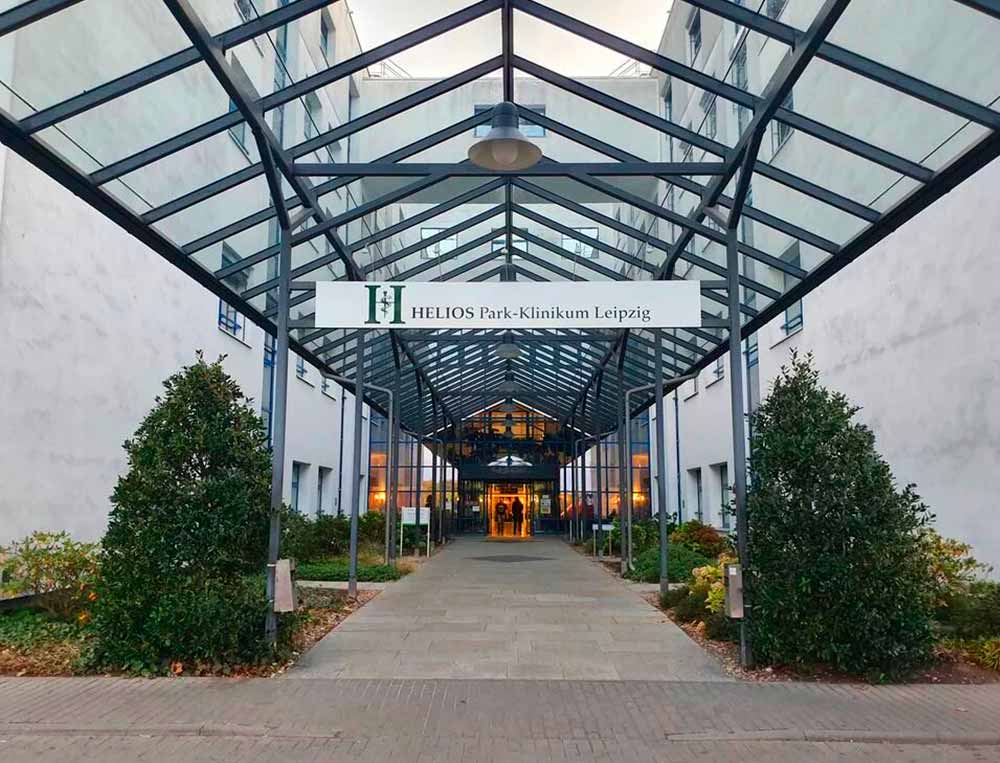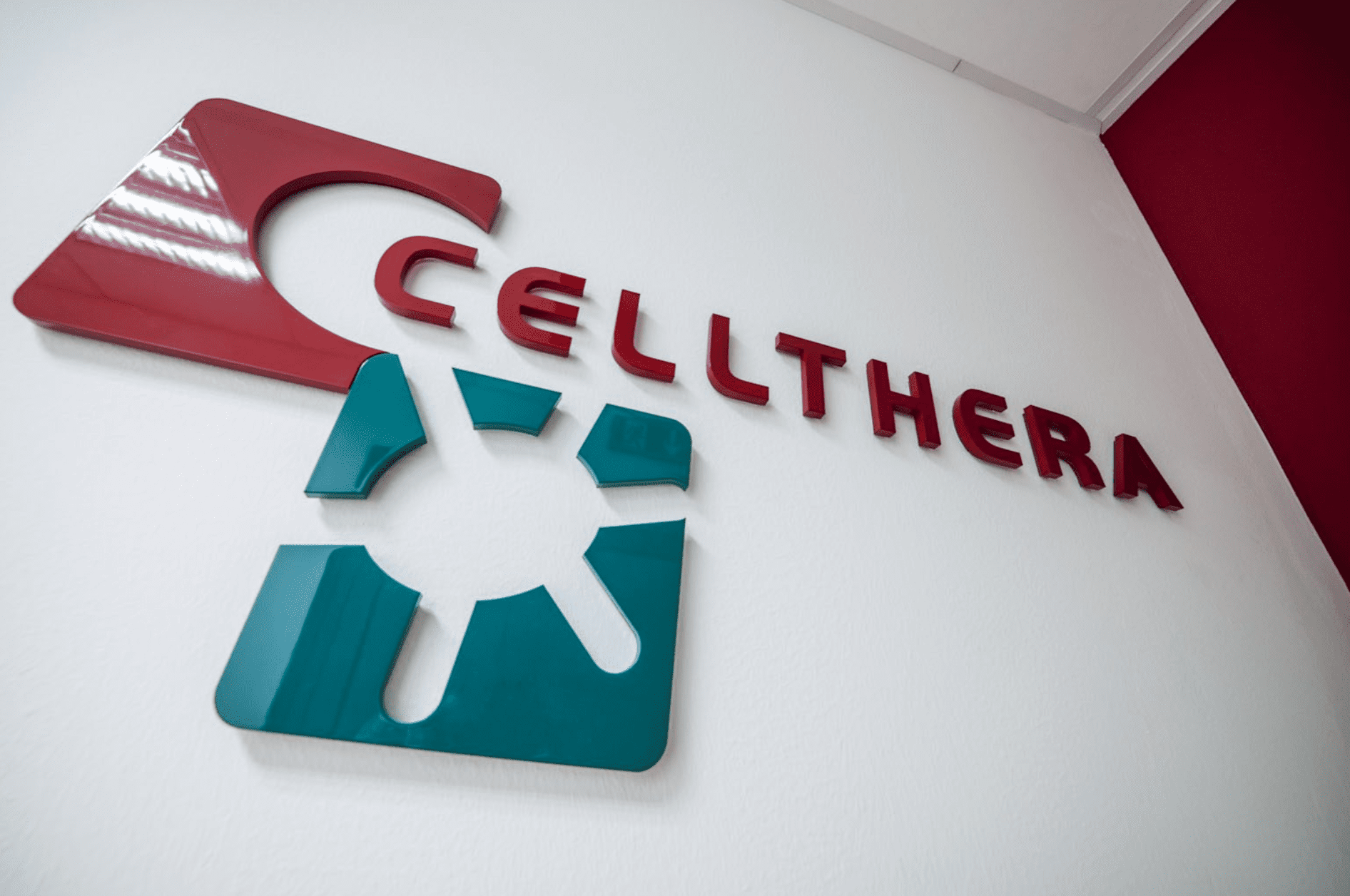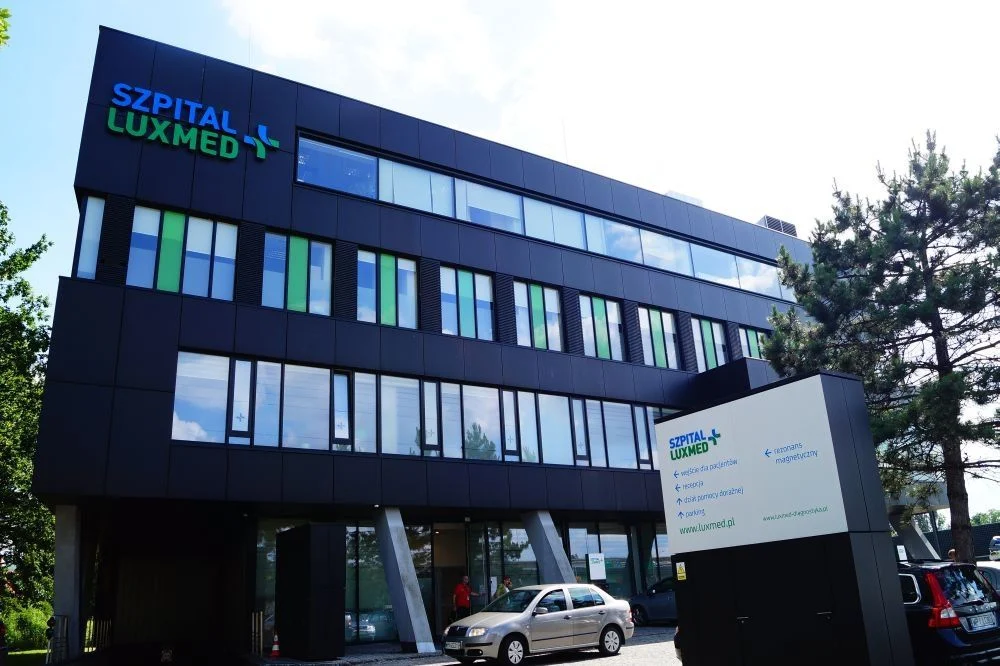Prognosis has often been bleak for people with aggressive cancers no longer responding to standard therapeutic strategies. But a new generation of CAR-T therapy is rewriting that story, promising pinpoint hope where there was once only guesswork.
This next-generation immunotherapy not only vanquishes cancer; it also trains IS to wage a more proficient and durable war. And here we are, in 2025, when the therapy isn’t just promising, but personal, potent, and increasingly within reach.
CAR-T Therapy 2025: Reprogramming the Immune System
CAR-T therapyies begin with the patients’ T-cells. They’re removed and then modified in laboratory conditions to greatly better fight cancer cells. They’re grown in number and put back into patient’s blood.
Here’s what makes CAR-T therapy different from standard theurapeutic methods.
- Selective action – CAR T-cells are designed to seek out and kill cancer cells with little effect on healthy tissue.
- Customized design – Patients’ own immune elements are used to craft each treatment, so they can be tailored to attack their cancer.
- Possibility of enduring remission – In several blood cancers, CAR-T has resulted in long-term remission after other options failed.
- Less chemo-therapy – And for plenty of patients, fewer cycles of toxic chemo-therapy are required, if any at all.
A Look to Future of Cancer Therapy
This isn’t an undifferentiated method – and that’s the power of it. The therapy is part of a larger trend toward targeted therapy, in which the object is no longer merely to kill cancer cells, but to do so with surgical precision and fewer side effects.
Early leaders in this space have included the Shenzhen Genoimmune Medical Institute (GIMI) clinics. And their work on fourth-generation CAR-T blueprints could help bring these treatments to solid tumors in addition to their current focus, blood cancers – a frontier once seemed unreachable but is now anything but.
Challenges Persist – But So Does Hope
Even when the immune system generates a vigorous response, however, collateral effects such as cytokine release syndrome or neuro-toxicity may still take place. But these risks today are being more carefully monitored and managed by experienced teams like never before.
CAR-T therapy is not perfect and not for everyone. But for some of the defendants, they said, it stands for something that was unattainable just a short time ago: a fresh start.
What is the success rate of CAR-T cancer treatment?
Outcomes differ, but in some leukemias and lymphomas, response (remission) rates can range from 60 to 90%. Many patients who had exhausted all options have experienced life-extending benefits.
Is CAR-T therapy a last resort?
Right now, yes – it’s often used in case of other treatments fail. But as research evolves, there’s hope CAR-T could become part of earlier-stage treatment strategies in the near future.
Can immunotherapy cure stage 4 cancer?
“Cure” is a rare word in oncology, but CAR-T and other immunotherapies have led to durable remissions in stage 4 cancers. Some patients have remained cancer-free for years.
Which country uses CAR T-cell therapy?
Countries currently offering this include the United States, China, Germany, and the UK. China has been especially active in expanding access, with centers like Genoimmune leading clinical applications and innovation.











